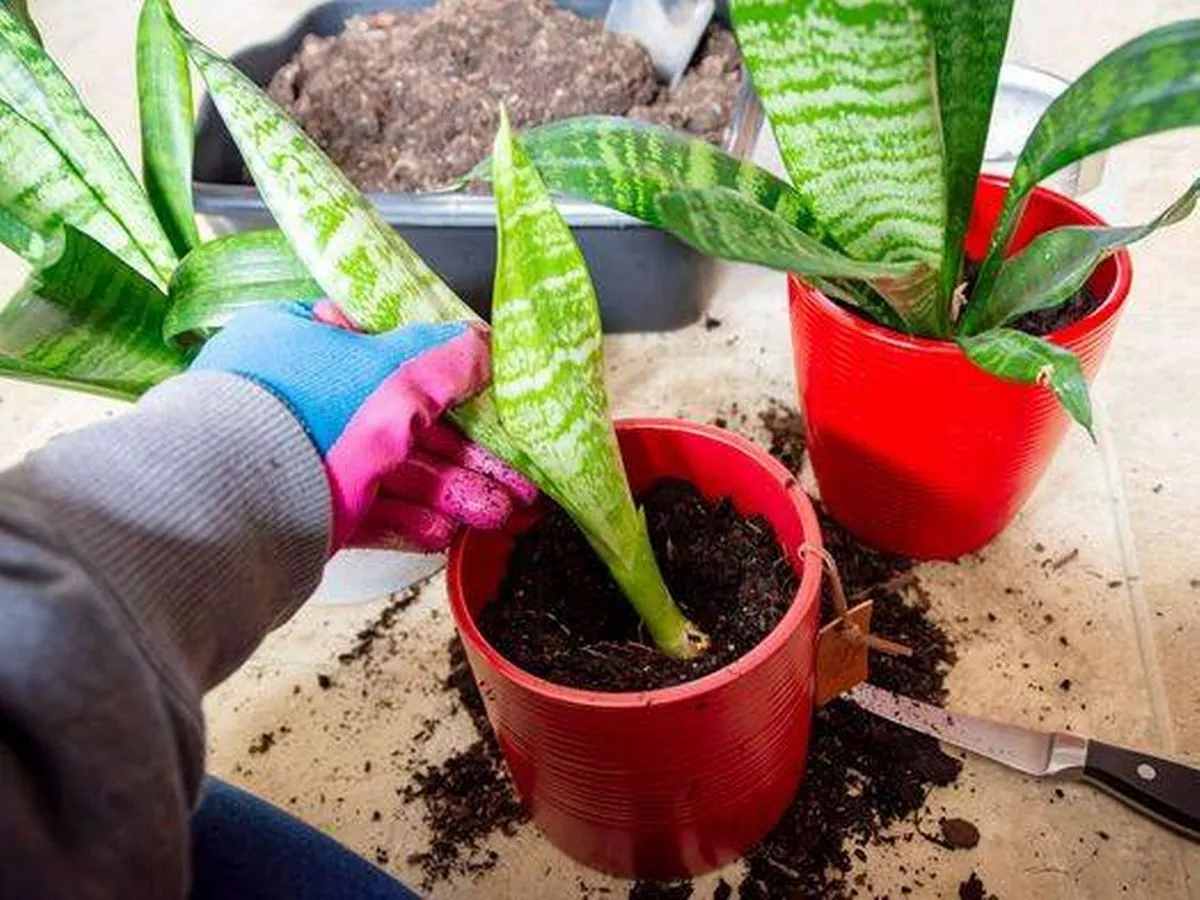By Jayne Thomson,Melanie Kaidan
Copyright birminghammail

Mould and condensation remain stubborn issues in countless British households, particularly as the chillier, damper seasons approach. Whether it’s dark patches slowly spreading across bathroom walls or moisture beads appearing on windows every morning, the consequences of surplus dampness can harm property and pose health hazards. Offering their expertise on the finest houseplants for combating mould, specialists at Gardening Express explained: “Mould in the home is caused by excess humidity. Warm rooms, like bathrooms, are at particular risk. Read more: ‘Impeccable’ Brazilian restaurant with ‘unlimited’ food to open in Touchwood Solihull “Using plants to help keep mould at bay is a practical and natural way to control humidity and moisture in your home,” the specialists continued. “How good a plant is at reducing humidity is all to do with its ability to absorb dew, fog and other moisture through its leaves.”, reports the Express . Three houseplants that prevent mould. English ivy proves an excellent option for compact or particularly damp spaces, notably bathrooms where air circulation tends to be poor. It’s recognised for its capacity to eliminate airborne mould spores, and it flourishes in bright, indirect light whilst needing consistent watering. For optimal outcomes, water generously and permit the soil to dry out moderately between each watering session. Whilst English ivy favours moderate humidity levels, it readily adjusts to typical indoor conditions. To increase humidity without the risk of root rot, position it on a tray filled with damp pebbles – simply ensure it’s not sitting directly in standing water. It’s advisable to keep it in a hanging basket or on an elevated shelf, not only to improve air flow but also to ensure it remains away from pets, as the foliage is poisonous. The peace lily offers far more than just its striking appearance with those distinctive white blooms. These tropical specimens flourish in high-humidity settings, making them ideal for areas susceptible to dampness. According to Gardening Express, peace lilies “love the shade and thrive in high humidity, so are the perfect choice for areas prone to mould”. Peace lilies draw in excess moisture via their foliage and cope well with dim lighting conditions – some varieties can even flourish under artificial illumination. Beyond their moisture-absorbing qualities, peace lilies also contribute to air purification and represent an excellent choice for homes with allergy sufferers. Don’t forget to remove faded blooms and gently clean the leaves to maintain the plant’s health and ensure efficient photosynthesis. Similar to ivy, they pose a threat to pets, making careful positioning absolutely crucial. Recognised as mother-in-law’s tongue, the snake plant stands as one of the most hardy and versatile houseplants you can find. This variety proves particularly brilliant at combating condensation and surplus moisture, owing to its robust, vertical foliage. It’s also remarkably easy to care for, requiring watering just once every one to two weeks. Snake plants flourish in bright, heated surroundings, yet will cope with various settings, and their textured foliage doesn’t just soak up water but also helps purify the air. Based on NASA studies, snake plants can eliminate typical domestic pollutants, establishing them as an excellent multi-purpose choice for indoor health. Simply introducing a handful of these plants to your living areas and bathrooms could create a marked improvement in humidity levels. The specialists at Gardening Express commented: “The beauty of this natural solution is that you will notice an improvement while having beautiful plants to enjoy too.”



